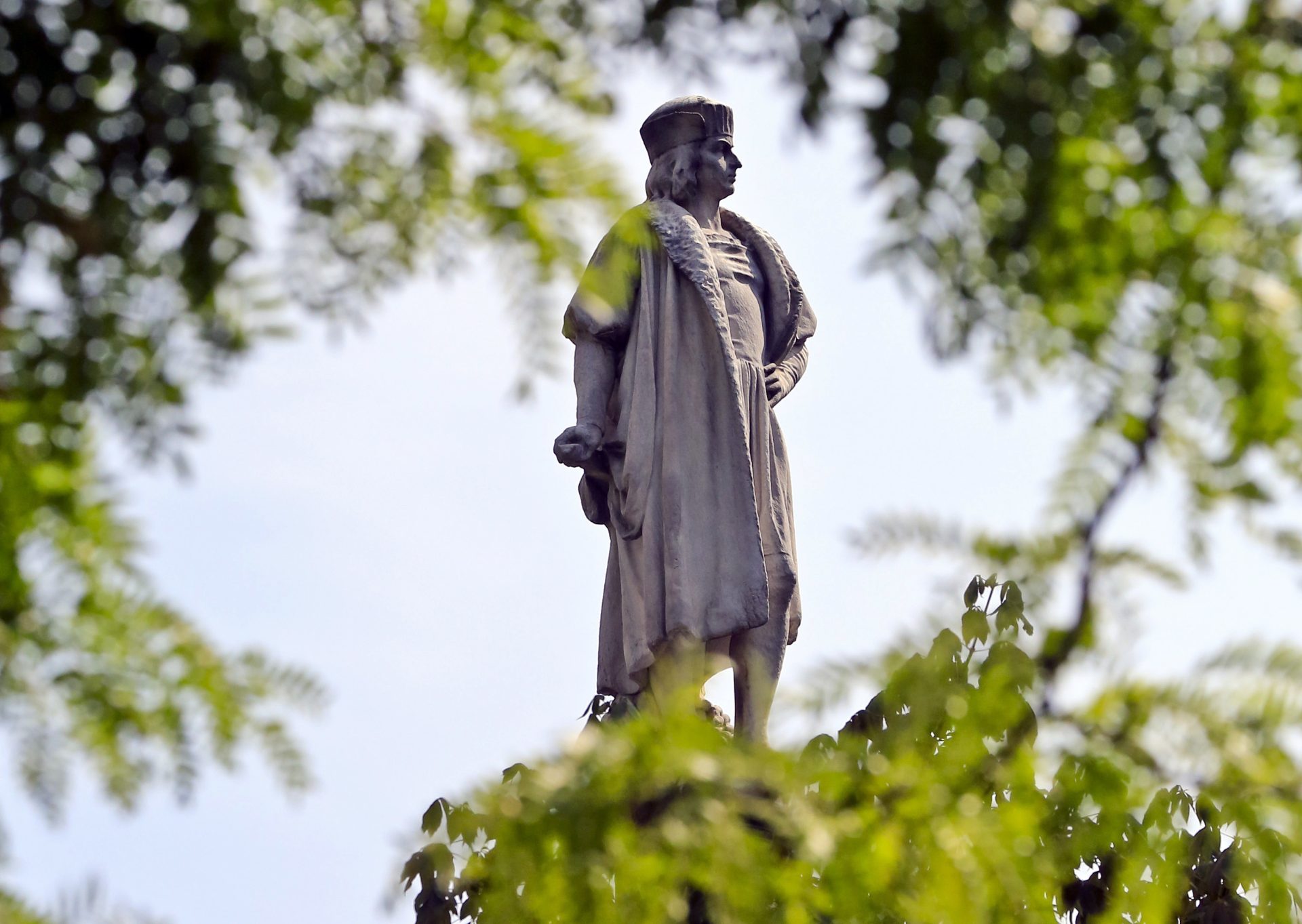|
Only have a minute? Listen instead
Getting your Trinity Audio player ready...
|

“In Fourteen hundred and ninety-two, Columbus sailed the ocean blue.” Countless Americans learned the little rhyme in elementary school classrooms to recount Italian sailor Christopher Columbus’ discovery of the New World. Columbus Day, originally celebrated every Oct. 10 beginning in 1792, became a national holiday in 1937 and in 1971 was moved to the second Monday in October to give government workers one more three-day weekend.
More recently, however, growing numbers of Americans have called for eliminating the holiday altogether, talking as if it were a source of shame. Many instead mark the day as Indigenous People’s Day and statues of Columbus have been taken down in cities across the country.
The movement raises awareness of the poor fate that befell those who lived on this land when Europeans began to colonize it following Columbus’ four trips from Spain to the Western Hemisphere. They fell victim to diseases the foreigners brought with them and suffered discrimination, property losses and violence for generations.
Those misfortunes cannot be ignored — they are part of our history, and the greatest benefit of history is that it gives us opportunities to learn and build a better future.
By the same token, negative events can’t erase the many benefits that have come from New World colonization, particularly from the establishment of a nation that has enabled and encouraged progress and growth that might never have happened otherwise.
First, we must recognize the obvious reality that this half of the earth would have been discovered and colonized anyway — if not by Columbus and the Spanish, Dutch and English settlers who followed him, then by someone else. Some settlers might have treated the indigenous people better, others might have treated them much worse.
What we do know is that the dominant group of colonists, originally beholden to the British crown, brought with them a code of laws and respect for individual rights and freedoms that led to the formation of a system of government that has become a template for dozens of other countries, but that provided private residents with the freedom, resources and incentives to work hard and create new ideas and things. Much of the great invention, creativity and wealth generation from North America that have improved the lives of billions of people across the world might not have occurred if all those people had stayed in Europe — such improvements haven’t arisen at the same rate in the Old World, largely because most of those countries didn’t have the governments and social constructs that enabled them.
Certainly, we must not forget or forget the negative parts of our past. Neither, however, should those negatives keep us from continuing to pursue progress. Our history — the history of all people, in fact — includes both good and bad. We can learn from both, endeavoring to reduce the bad elements while gaining inspiration from the good to seek improvement.
Overall, however, most people in the Americas surely would say that our history has brought more positive than negative. Most likely, even those who condemn Columbus and the colonization that followed probably wouldn’t want to live anywhere else.




